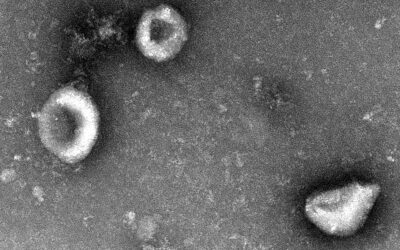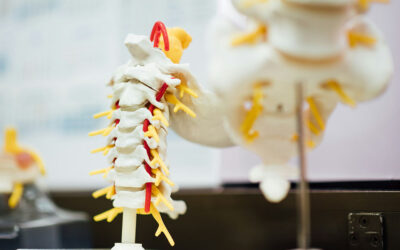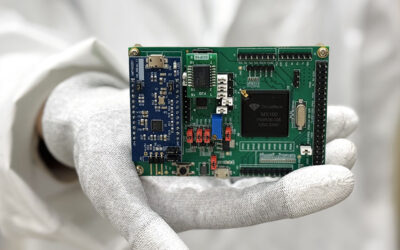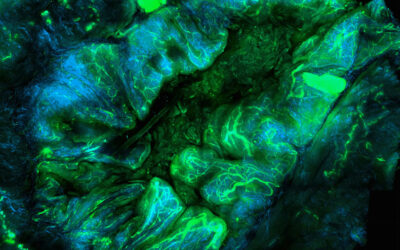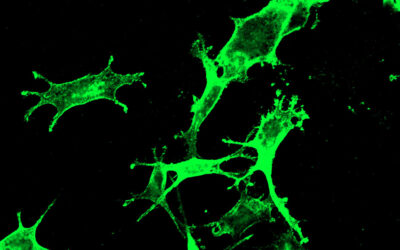 The human body contains a wide variety of structural proteins that fulfill functions of supporting tissue and impacting the behavior of cells via mechanical and biochemical cues. In cardiovascular tissue, elastin and collagen provide the necessary reversible elasticity required to maintain the shape and function of blood vessels, which are exposed to pulsatile forces during blood circulation. Biomaterials aimed at adding therapeutic value after cardiovascular procedures, including vascular grafts and angioplasties, must thus exhibit the necessary long-term integrity and elasticity in order withstand the mechanically demanding environment of cardiovascular tissue.
The human body contains a wide variety of structural proteins that fulfill functions of supporting tissue and impacting the behavior of cells via mechanical and biochemical cues. In cardiovascular tissue, elastin and collagen provide the necessary reversible elasticity required to maintain the shape and function of blood vessels, which are exposed to pulsatile forces during blood circulation. Biomaterials aimed at adding therapeutic value after cardiovascular procedures, including vascular grafts and angioplasties, must thus exhibit the necessary long-term integrity and elasticity in order withstand the mechanically demanding environment of cardiovascular tissue.
Resilin, a rubbery structural protein found in arthropods, offers exciting opportunities to design such materials with useful cell-instructive and elastomeric properties for these types of applications. A recombinant resilin-like polypeptide (RLP) developed in the Kiick laboratories at the University of Delaware incorporates resilin-like domains, along with appropriate cell adhesion and degradation sequences, to render these materials potentially useful in cardiovascular therapies. These RLPs can be cross-linked into hydrogels by chemically benign reactions with a four-arm star poly(ethylene glycol) (PEG).
When human aortic adventitial fibroblasts, which populate the exterior layer of blood vessels, are encapsulated in the RLP-PEG hydrogels, the cells adhere to the materials and spread within a week of cell culture, suggesting that the gels provide a cell-friendly environment. Given that adventitial fibroblasts are an important regulator of blood vessel health, a therapeutic material that supports and instructs these cells could hold potential in many clinical applications for cardiovascular surgeries.












